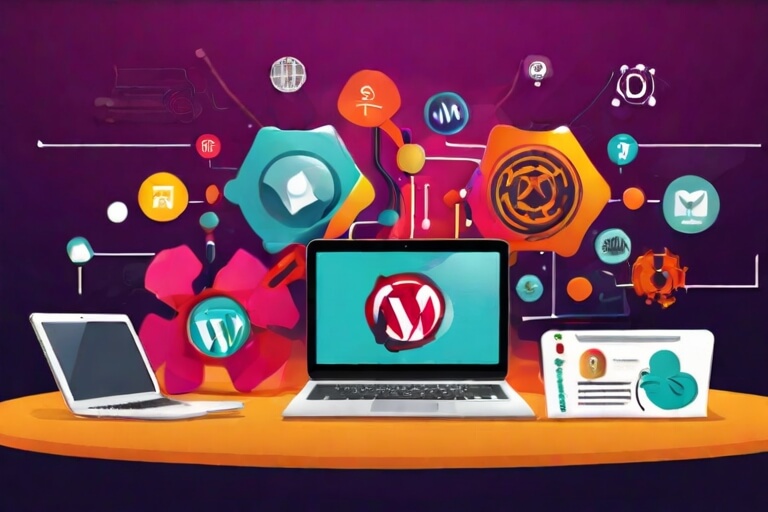The Marriage of AI and UX/UI Design in Modern Website Development

Related Posts

Implementing AI in Responsive Web Design for Cross-Device Compatibility
Responsive web design has become increasingly important in today’s multi-device world. With the proliferation of smartphones, tablets, and various other internet-enabled devices, users have come to expect seamless and consistent experiences across all platforms. This means that websites must be...

AI and SEO: Strategies for Optimizing Website Rankings
Understanding the Impact of Artificial Intelligence on Website Rankings The impact of artificial intelligence (AI) on website rankings cannot be underestimated. As search engines become smarter and more advanced, AI plays a vital role in determining the visibility and ranking...

Enhancing Website Security with AI-Powered Threat Detection
With the rapid expansion of the digital landscape, websites have become an integral part of businesses and individuals alike. However, amidst this convenience, an alarming rise in cybersecurity threats has emerged. It is imperative for website owners to recognize the...
Table of Contents
hide
